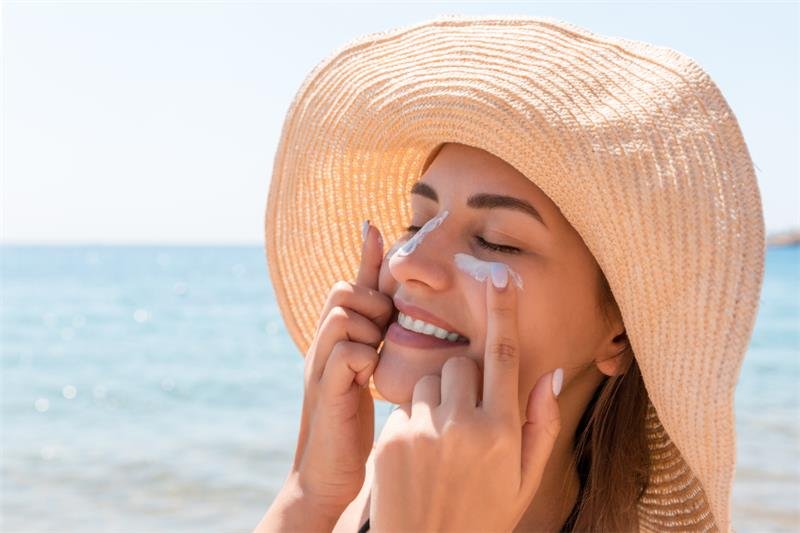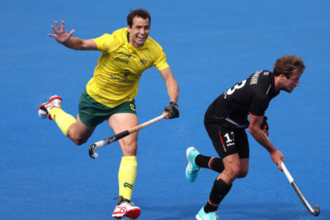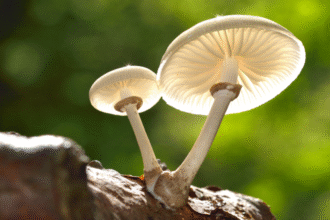Australia’s national sunscreen scandal is growing rapidly, as the Health Authority recalls a growing Australian sunscreens for more than 20 products. The step follows recent tests that revealed that some widely used sunscreens offered less UV protection than advertised.
Medical Mal Administration (TGA) has confirmed that eight products have been called or removed from production, ten have been temporarily suspended from sale, and others are still under review. These products share a common base formula in which SPF levels can be quite high.
Australia, which records the highest rate of skin cancer globally, applies strict sunscreen standards. So this unfollower has triggered strong public concern and an investigation into the industry.
What Triggered the Massive Recall?
The issue began when a consumer watchdog found that a sunscreen marketed as SPF 50+ actually delivered protection as low as SPF 4. This product, Ultra Violette’s Lean Screen Skinscreen, was voluntarily recalled earlier this year.
Subsequent TGA investigations traced the problem to a shared base formulation produced by Wild Child Laboratories Pty Ltd. Preliminary testing suggests this formula may provide no more than SPF 21 — and in some cases, as low as SPF 4.
In response, the manufacturer has halted production of the problematic base formula, pending further analysis. However, the situation has since widened to include concerns over lab testing procedures. Here is the link to our article on Sunny Weather Alert.
What Are the Lab Testing Concerns?
Alongside formulation issues, the TGA has expressed “significant concerns” about SPF testing conducted by Princeton Consumer Research Corp (PCR Corp), a U.S.-based laboratory.
Many sunscreen companies had relied on PCR Corp to certify their SPF claims. The TGA has now questioned the reliability of those results and reached out to PCR Corp for clarification — but as of now, no response has been received.
Wild Child Laboratories confirmed it has ceased working with PCR Corp and is retesting its products through other accredited laboratories. The TGA has also contacted all companies that used this base formula and lab service to ensure transparency and compliance.
Why Is This Issue So Serious for Australia?
Australia’s intense UV exposure makes effective sun protection a public health priority. Approximately two-thirds of Australians will be diagnosed with skin cancer in their lifetime, and sunscreens are a frontline defense.
With so many products now facing scrutiny or recall, consumer trust has been shaken. Health experts warn the implications may extend beyond national borders, as the questionable testing methods and ingredients could have been used in exports.
The TGA has acknowledged the need to review SPF testing standards, noting that current procedures can be “highly subjective” and prone to inconsistencies. Here is the link to our article on the Asia Weather Crisis.
Final Thoughts
The extended Australian sunscreen recall requires exact SPF verification, transparent laboratory practices, and a significant requirement for consumer protection. As the authorities emphasize improvement and more accountability, restoring public confidence in sun protection products is now a national health mandate. The international community must also be looking closely, as the result can reopen the global sunscreen test protocol.








